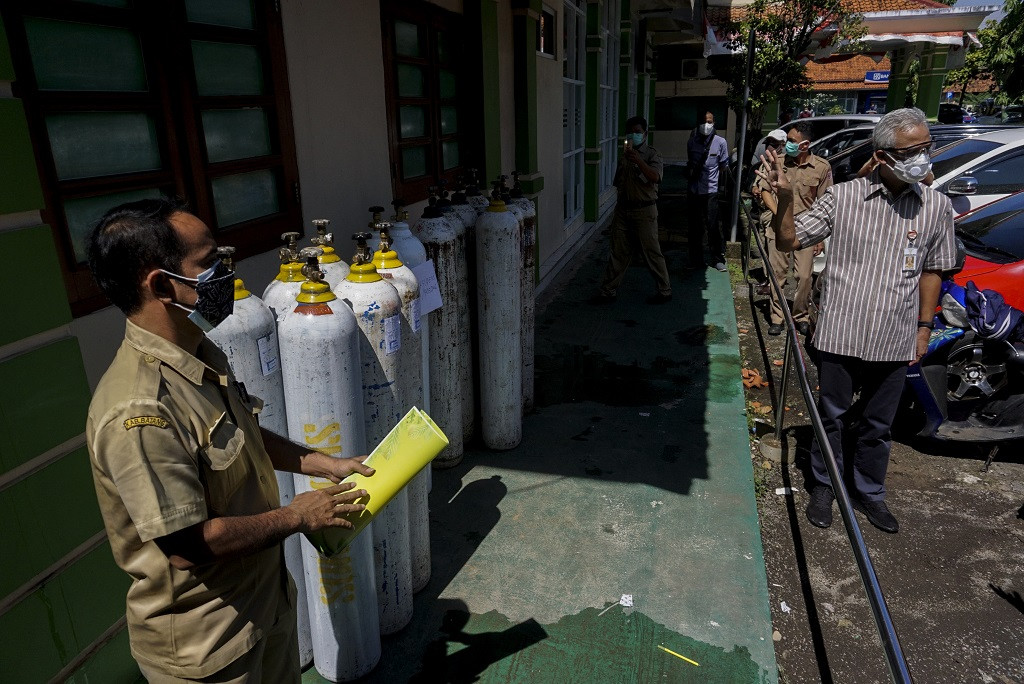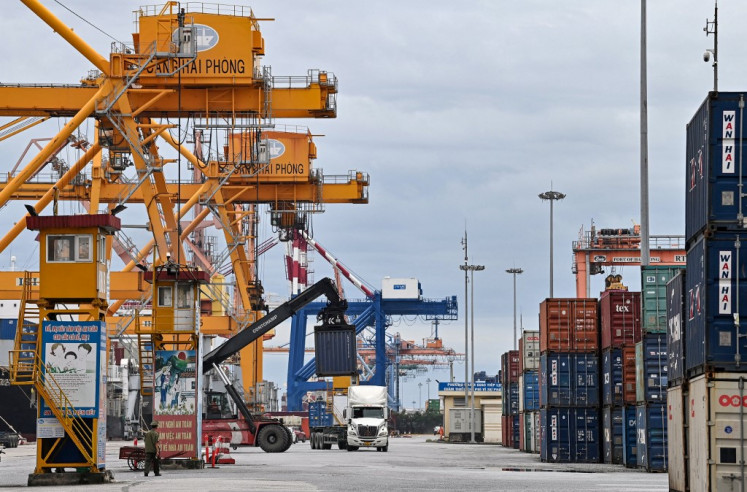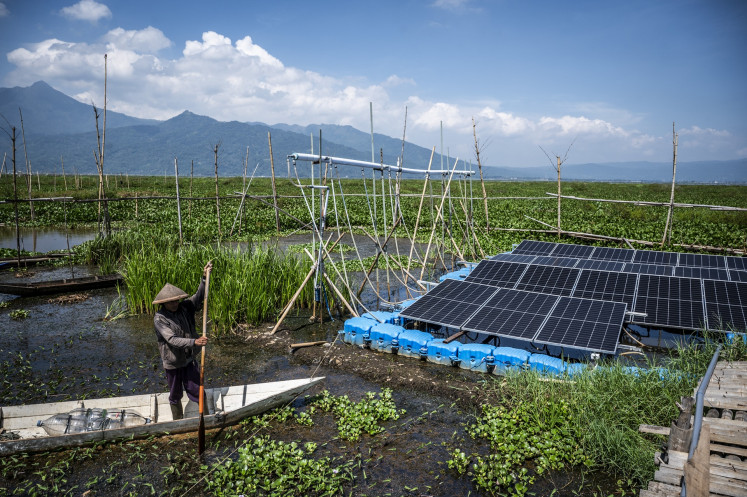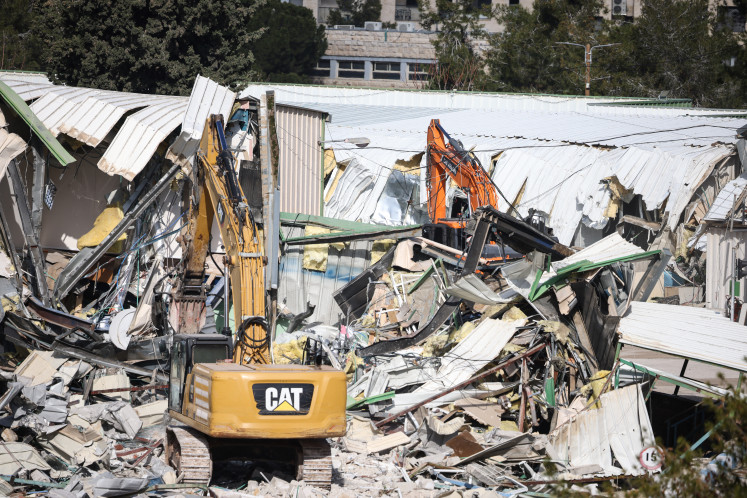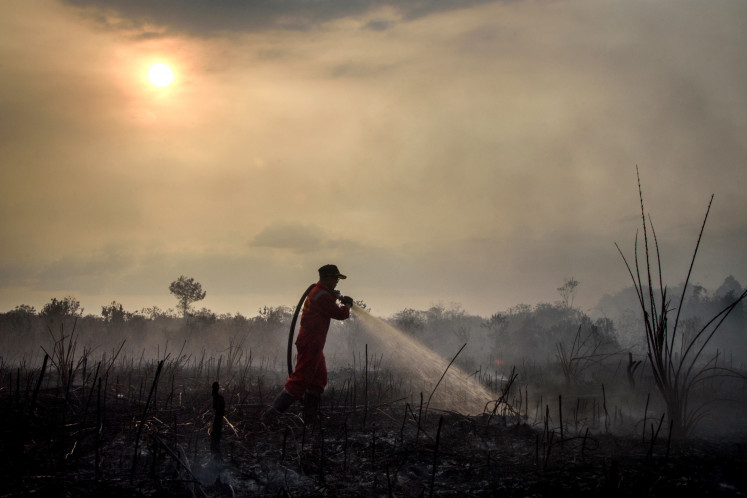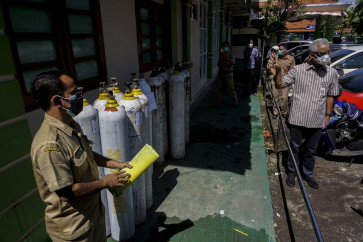Popular Reads
Top Results
Can't find what you're looking for?
View all search resultsPopular Reads
Top Results
Can't find what you're looking for?
View all search resultsThe Wadas unrest is damaging Ganjar’s presidential prospects
Although on a smaller scale than the Kedung Ombo incident, the Wadas standoff can be framed to discredit the government and raise questions about Ganjar’s fitness for the presidency.
Change text size
Gift Premium Articles
to Anyone
T
he refusal of 134 residents of Wadas village in Purworejo, Central Java, to give their land to the government, the police’s use of force to disperse their protests on Feb. 9 and the initial indifference of Governor Ganjar Pranowo to the unrest will damage Ganjar’s presidential prospects in 2024. The ghost of the forced eviction of the villagers will continue to haunt him, as the government will not likely bow to public pressure to reverse course.
Ganjar’s predicament serves as a precious lesson to other presidential aspirants, such as Defense Minister Prabowo Subianto and Jakarta Governor Anies Baswedan, who may confront even more daunting challenges, including potential corruption allegations.
It seems Ganjar remains unaware of how the Wadas riot could affect his political future because the incident did not claim lives and the villagers are, in fact, divided over the government’s use of their land to supply materials for a dam project.
At a glance, it looks like a minor incident. But in Indonesia, what may at first be a pebble in your shoe can later turn into a rock hitting your head. In fact, in Javanese, wadas means rock.
The clashes between the protesters and the police will attract nationwide attention for at least three reasons.
First, Ganjar is one of the most promising potential successors to President Joko “Jokowi” Widodo. Ganjar enjoys major popular support, especially in Java, at least on social media. The Indonesian Democratic Party of Struggle (PDI-P) politician expects the ruling party to award him the ticket, but chairwoman Megawati Soekarnoputri has openly shown her preference for her daughter, House of Representatives Speaker Puan Maharani.
Second, public distrust in the police is growing. It seems that the police have morphed into a super body that can create trouble for anyone for no reason. People are becoming more familiar with the police’s propensity to use force to settle problems. Prior to the Wadas violence, the police had been subject to public criticism for extortion, bribery and even alleged rape, which contradict the institution’s responsibility to protect.

